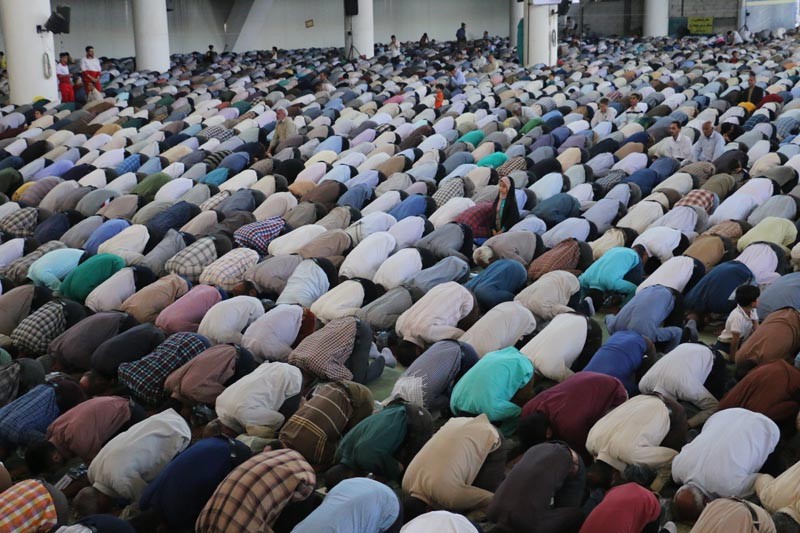Wildfires, however, were the more common occurrence during Ramadan. ISIS has claimed responsibility for several fires, timing the start of their insurgent tactics with the start of Ramadan. Some Christians reported receiving a loss of assets totaling in the thousands of dollars. However, much mystery surrounds the cause of these specific fires.
Rockets were fired into the Syrian Christian village of al-Suqaylabiyah by al-Qaeda affiliated terrorists. Syrian Christians are often associated with the regime, and this particular village is widely known for having supported the regime since the beginning of the conflict. They have experienced several attacks over the past eight years, but this attack caught many by surprise as it was preceded by several days of peace. Five children and one adult were killed, and eight others wounded.
“The kids went out to play after some days of calm,” Father Maher Haddad, a local priest, told the Associated Press. The report continued, “A rocket struck near a group of children, instantly killing five and wounding others… the woman was killed in a nearby street by a separate rocket.”
Attacks against this town and the Christian village of Mhardeh continued throughout Ramadan and until today. The convoluted nature of the civil war makes it difficult to determine whether these attacks are related to the Islamic holiday or fall within the pattern of persecution normalized during the eight-year conflict. Both are possible interpretations.
The Iranian regime illegally closed an Assyrian church during Ramadan, a move which was directly criticized by a senior legal advisor to the country’s president. The constitution has language protecting the right of non-Persian Christians to worship, and the incident was outside the norm of how persecution usually takes place in Iran.
Two local officials who questioned the regime’s treatment of religious minorities were consequently summoned through the judicial process during Ramadan and face punitive treatment. Government officials criticizing the regime’s treatment of religious minorities is highly unique for Iran, especially during Islamic holy days.
Ramadan 2019 was undoubtedly a difficult time for the Middle East’s Christians. But this year, at least, there was a glimmer of hope that things could change. Even in one of the most aggressive countries in the region toward Christians, some are willing to accept the risk of publicly standing in support of religious minorities.
For interviews, please contact Olivia Miller, Communications Coordinator: [email protected]

